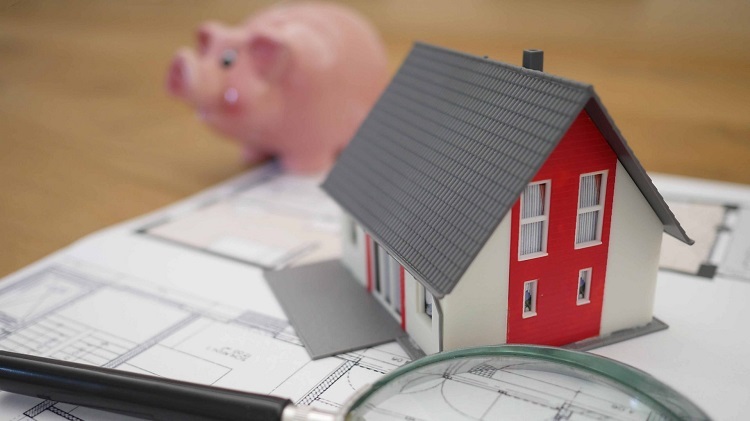Things to Know When Filing for Bankruptcy If You Own a Home
If you own a home, filing for bankruptcy can be a bit more complicated than it is if you don’t own a home.
The first thing to know is that filing for bankruptcy doesn’t automatically mean that your mortgage will be discharged. In fact, if you file for Chapter 7 bankruptcy, the automatic stay and discharge of property will not apply in your case. That means that if you have already made payments on your mortgage and have not paid off the remainder of your debt at the time of filing, then those debts may be considered to be no dischargeable.
If this is the case, then you’ll need to work with a bankruptcy lawyer who can help you determine whether or not your debts are dischargeable or no dischargeable. The attorney will look at all of the circumstances surrounding your case and determine whether or not they believe that any particular debt should be considered no dischargeable or dischargeable based on those circumstances.
If you own a home, you may be able to file for bankruptcy without losing your home. However, if you are behind on mortgage payments, bank or credit card debt or child support payments, the courts can order that any real estate be sold and the proceeds distributed to creditors.
A bankruptcy court will not order the sale of homes owned by individual filers. Instead, federal law requires that all homes owned by a debtor be placed in trust for the benefit of creditors. This is called a “trustee” sale. The trustee sells the home and distributes its proceeds to unsecured creditors.
The trustee has wide discretion in selling the home and distributing its proceeds. If you want to prevent this from happening to your home, you need to act quickly. You should contact an attorney immediately after filing your bankruptcy petition so they can help you protect your property rights before it’s too late.
Table of Contents
Bankruptcy in Oklahoma
When you file for bankruptcy Oklahoma, you’ll want to make sure that your home is protected. You may be able to keep it or sell it as part of your bankruptcy plan, but it’s important to know what you’re up against.
If you’re in foreclosure and owe more than your house is worth, you could be forced to give up your home if you file for bankruptcy. This means that the lender could get the cash they need to pay off the balance of your loan by taking over ownership of your house.
In most cases, this isn’t a good thing for homeowners. The lender will likely be able to sell the home at a discount and then use the proceeds from selling the house as part of their payment plan toward repaying any remaining balance on their loan (or selling it again at a profit).
Financial Freedom of Tulsa
With the recent economic crisis, many people are facing financial difficulties. People who have been in bankruptcy for years and were trying to overcome their debt problems may be surprised to learn that they could get out of their bankruptcy if they were able to show that the bankruptcy was caused by a financial hardship. This means that you do not need to wait for your debts to pile up before you file for bankruptcy. You can file for Chapter 7 or Chapter 13 relief at any time, but you will want to speak with an experienced Tulsa bankruptcy attorney as soon as possible so that you can determine if you qualify for relief under one of these chapters.
If you are considering filing for bankruptcy, it is important to understand the differences between Chapter 7 and Chapter 13 relief. While both offer some level of debt relief, there are some big differences between them that should be considered carefully before making your choice.

